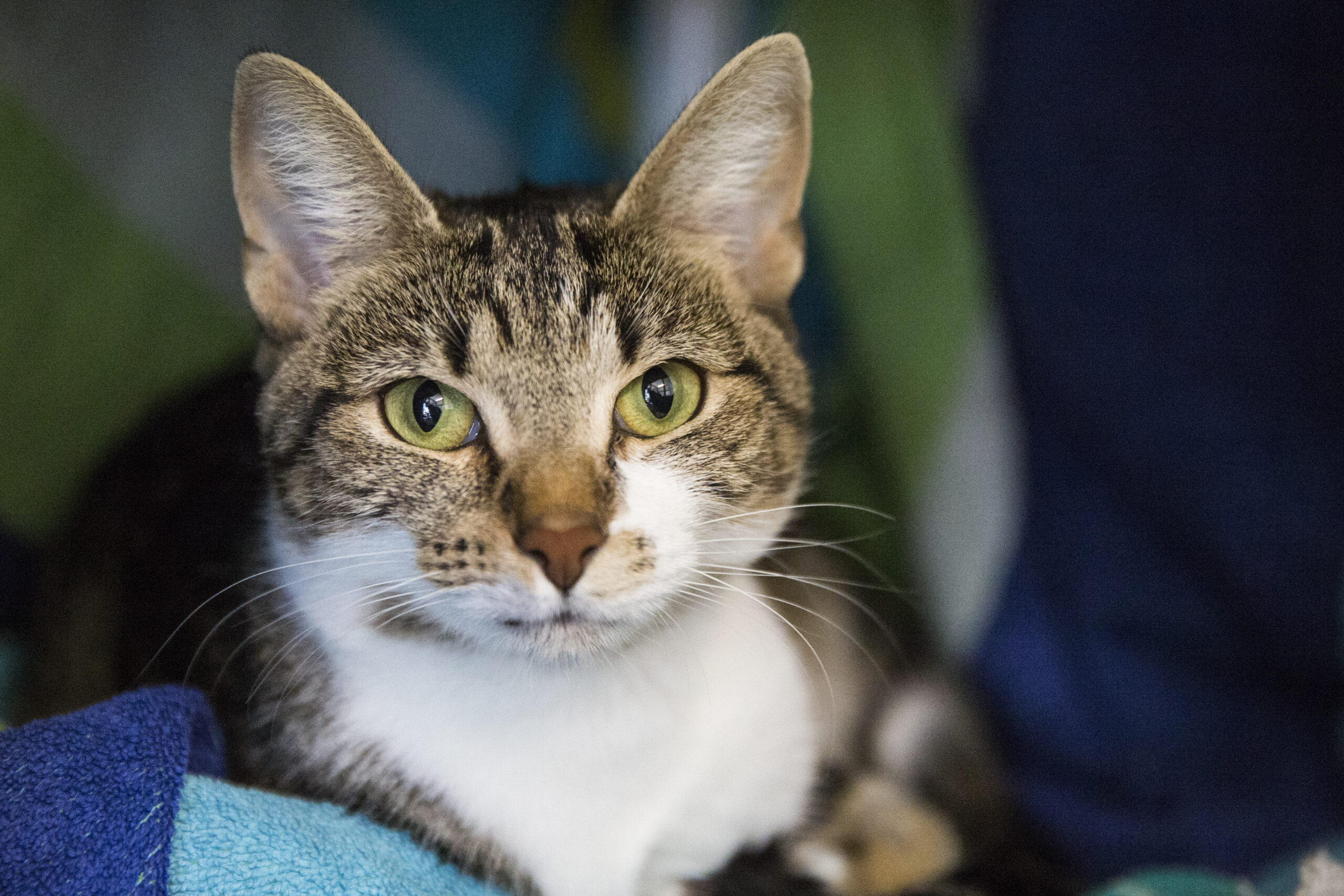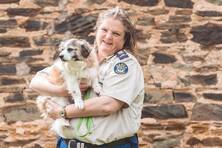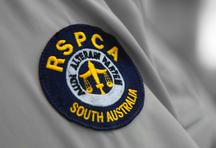RSPCA SA unable to accept unvaccinated cats
November 09, 2023
Global vaccine shortage forcing shelters and vets to ration supplies
In response to a nationwide supply shortage of core cat vaccinations, RSPCA South Australia has placed a temporary hold – effective immediately – on accepting any surrendered or stray cats at its shelters. The hold will remain in place until further notice.
An exception will be made for surrendered cats whose owners can provide a certificate as evidence of their cats being vaccinated in the last two years. Surrenders are by appointment only and cats will be accessed on a case-by-case basis, dependent on the cat’s vaccine status and the shelter’s capacity to accommodate the animal at the time.
Due to their high vulnerability, kittens aged less than six months will continue to be taken in for the time being. As per usual practise, strict quarantine protocols are in place to ensure all shelter animals are safe.
The vaccines in short supply are a combination of vaccinations commonly known as F3 vaccination. They protect against key diseases including enteritis (feline parvo) and feline calicivirus/feline herpesvirus (cat flu). There is no manufacturer of cat vaccines in Australia – they are all manufactured overseas.
The shortage is expected to continue until early next year and is being attributed to several factors:
- During Covid, factories making the vaccine were repurposed to manufacture Covid vaccines
- Some suppliers have reported batch failures caused by errors during manufacturing
- Cat/kitten ownership increased during the pandemic, resulting in increased demand for vaccines
RSPCA SA Chief Veterinarian Dr Gayle Kothari said the immediate concern was for unvaccinated kittens and cats, due to the highly contagious and fatal virus known most commonly as feline parvo.
“The illnesses covered by these vaccines can spread rapidly in a shelter, leading to large-scale mortality, which is a scenario we are committed to avoiding,” Dr Kothari said.
“Kittens should receive their first F3 shot at six to eight weeks of age, then every three to four weeks until they are 16 to 20 weeks old.
“After that, the recommendation is for a booster shot every year.
“We’re now in kitten season, with once again unplanned litters being born, both among owned and stray cats.
“With this shortage, we know vets are prioritising the vaccination of previously unvaccinated kittens and cats, as rightly advised by the Australian Veterinary Association.
“We urge people with unvaccinated cats or kittens to keep them contained to their properties if they are unable to find a vet with vaccine supplies – but please do take your cat to the vet if he or she is due for a yearly health check. This is especially important for older cats.”
RSPCA SA’s hold on intakes of unvaccinated felines applies to the organisation’s three shelters, located at Lonsdale, Whyalla and Port Lincoln.
More information about the cat vaccine shortage and RSPCA SA’s response to it is available HERE.
RSPCA SA currently has 276 cats and 200 kittens in care across the state, with almost half living in the homes of volunteer foster carers. Anyone who is able to foster or adopt an animal is encouraged to do so, to help relieve current pressures on the shelters.




